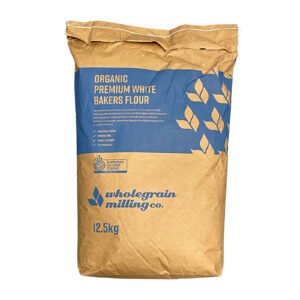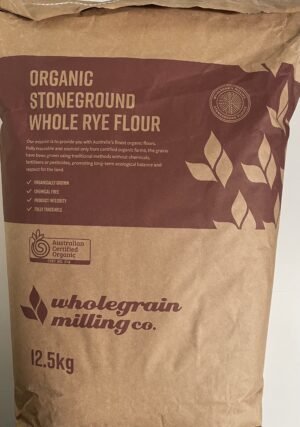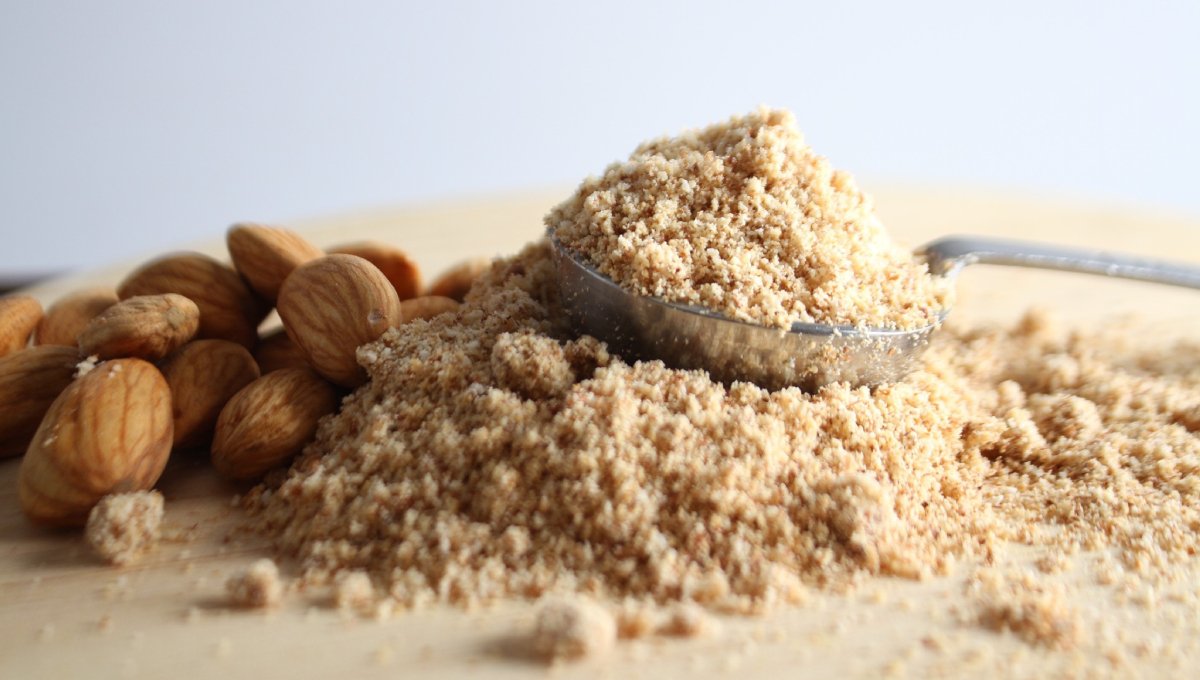Sourdough health facts are essential for anyone interested in both the culinary arts and maintaining a healthy lifestyle.
Sourdough, a traditional form of bread leavened with natural yeast and bacteria, has gained popularity not just for its distinct taste and texture, but also for its health benefits.
Unlike conventional bread, sourdough’s unique fermentation process endows it with several nutritional advantages. Here are ten sourdough health facts that highlight why this bread is an excellent addition to a balanced diet.
Caputo Gluten-Free Bread Recipe: A Step-by-Step for Tasty and Healthy Bread.
Table of Content
Improved Digestibility
One of the critical sourdough health facts is its improved digestibility. The fermentation process breaks down gluten, which can make sourdough a more suitable option for those with mild gluten sensitivities.
It’s important to note that sourdough is not gluten-free, but the breakdown of gluten can make it easier to digest.
Natural Prebiotics
Sourdough contains natural prebiotics, which are non-digestible fibers that promote the growth of beneficial bacteria in the gut.
This is vital for maintaining a healthy gut microbiome, essential for good digestion and overall health.
Lower Glycemic Index
Another important sourdough health fact is its lower glycemic index (GI). The fermentation process reduces the amount of available carbohydrates, resulting in a slower release of sugars into the bloodstream.
This makes sourdough a better choice for blood sugar control, especially for people with diabetes or those watching their blood sugar levels.
Rich in Vitamins and Minerals
Sourdough fermentation increases the availability of various vitamins and minerals, such as B vitamins, iron, and zinc.
This process, known as bioavailability, makes these nutrients more accessible for the body to absorb, enhancing the nutritional value of the bread.
Reduced Phytate Content
Phytates, which can be found in grains, are known to inhibit the absorption of minerals. Sourdough fermentation reduces the phytate content, which allows for better mineral absorption, making it a healthier option compared to regular bread.
Lactic Acid for Digestive Health
The lactic acid produced during sourdough fermentation can benefit digestive health.
It helps maintain the balance of bacteria in the gut and can improve the overall digestive process, reducing symptoms like bloating and discomfort.
No Artificial Preservatives
Sourdough health facts include the absence of artificial preservatives. The natural fermentation process and the acidity of the sourdough act as natural preservatives, eliminating the need for chemical additives.
Potential Allergen Reduction
For those with allergies, sourdough might offer some advantages. The fermentation process can alter the structure of wheat proteins, potentially reducing allergenic properties.
However, it’s crucial for those with severe allergies or celiac disease to consult with a healthcare provider.
Lower Fat and Sugar Content
Sourdough typically has a lower fat and sugar content compared to many commercially produced breads.
This makes it a healthier choice for those looking to reduce their intake of these nutrients.
Versatility in Healthy Recipes
A final sourdough health fact is its versatility in various healthy recipes. Sourdough can be incorporated into a balanced diet in many forms, from sandwiches to toast, and can be a part of a nutritious meal plan.
These sourdough health facts illustrate why sourdough is more than just a delicious bread. Its health benefits make it a worthwhile choice for those looking to enjoy bread as part of a healthy and balanced diet.
The unique fermentation process of sourdough not only enhances its flavor but also contributes significantly to its nutritional profile.






